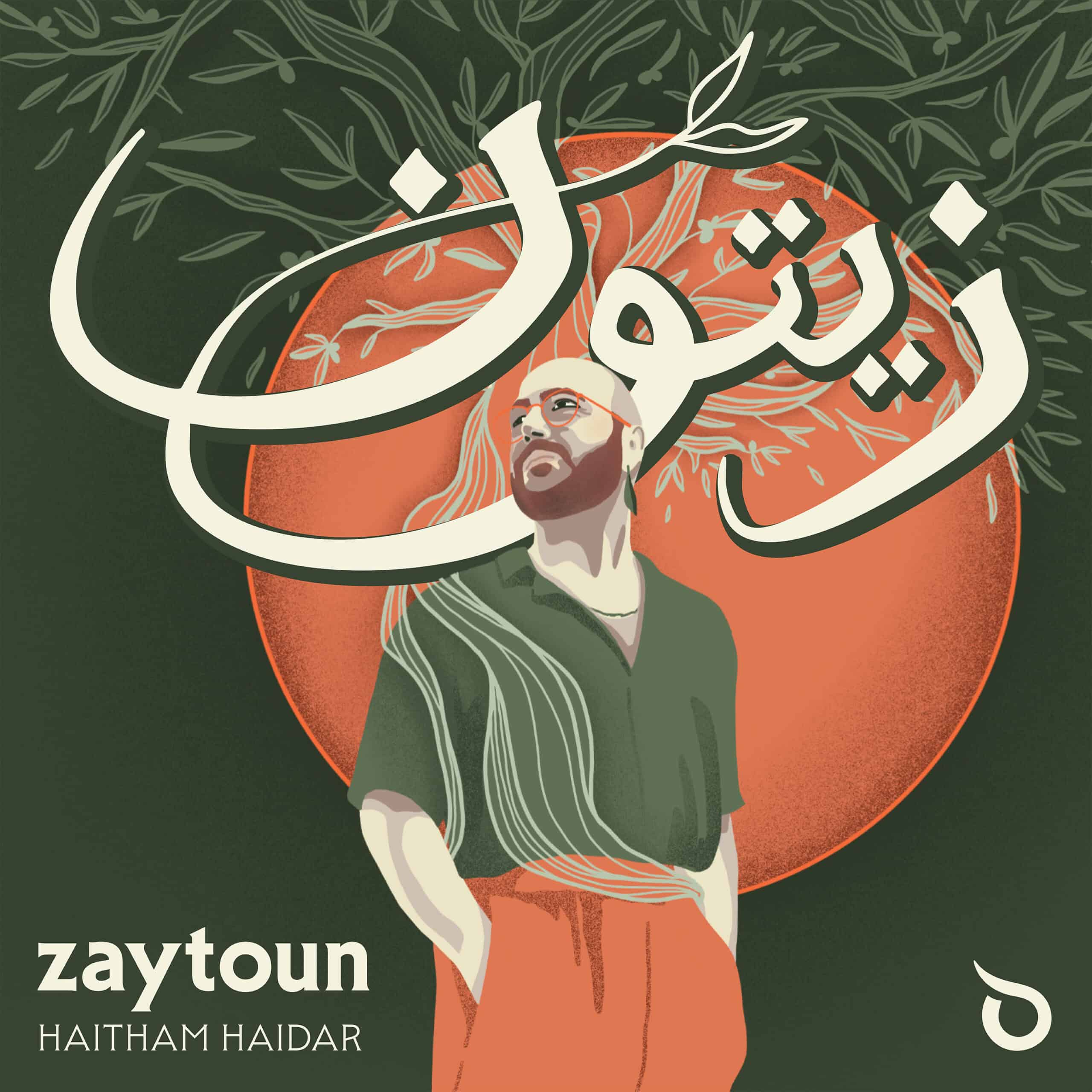Gramophone
Haitham Haidar is a Lebanese-Palestinian-Canadian tenor with a memorably warm tone, whether speaking or singing (and we have both in this programme) – a gripping communicator and charismatic musician. This touching and sensitive debut album presents a beautifully conceived programme exploring the intersection of Western Baroque music and Arabic music where meeting points touch on melodic construction, accompaniment texture and, rather fabulously, vocal ornamentation. Three poetry tracks from Khalil Gibran’s The Prophet are read over atmospheric oud improvisations by Abdul-Wahab Kayyali and provide a frame for the music.
“Zaytoun” is the Arabic word for “olive”, and just as olives appear in the cuisines of East and West, so this young tenor is a very welcome interpreter of both Arabic music and Baroque songs as he explores what home means for him. Prescient in the extreme, this is not an album that brandishes a political message, though; it simply places various musics alongside one another and leaves us to connect the dots how we wish. The resulting sound world is beautiful.
In Monteverdi’s Lamento della Ninfa, Haidar’s smooth multitrack harmonies accompany his delicious solo line. In Purcell’s Music for a while, Amanda Keesmaat’s baroque cello provides the perfect start and the following interplay of plucked strings – Kayyali on oud, Sylvain Bergeron on theorbo and Abraham Ross on harpsichord – sparkles throughout. There’s also a tantalising small vocal inflection on the word eternal. The traditional Arabic melody of Wa Habibi(apparently once attributed to Pergolesi, among others) continues this mesmeric combination of voice, oud and continuo.
The peak of the programme, for me at any rate, is Haidar’s translation of Bach’s Erbarme dich into Arabic. On so many levels this is extraordinarily beautiful, beginning most obviously with Tanya LaPerrière’s baroque violin-playing, which winds around Haidar’s subtly ornamented voice like a vine. The oud enlivens and complicates the energy, adding a brooding layer of reiterated notes to an aria that is arguably one of the glories of the entire Western Baroque. This performance will stay with me for a long time; it is both exquisitely beautiful and inherently melancholic.
@divineartrecordingsgroup
Search
Newsletter
A First Inversion Company
Registered Office:
176-178 Pontefract Road, Cudworth, Barnsley S72 8BE
+44 1226 596703
Fort Worth, TX 76110
+1.682.233.4978












